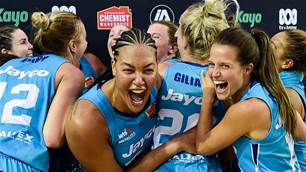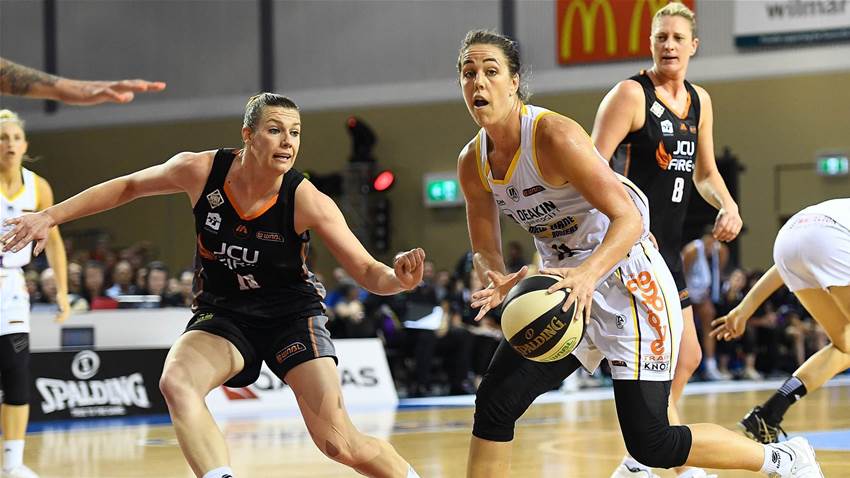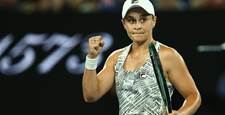Asking for help is a strength, not a weakness.
Those are words used by 2018 Commonwealth Games basketball gold medalist Jenna O'Hea.
The Australian Opals women’s captain will lead 21 athletes from 13 sports in the inaugural Lifeline Community Custodians, a program with the Australian Insitute of Sports (AIS) that will see athletes become advocates for mental health.
The program was designed by the AIS and Lifeline Australia to reduce the stigma around mental health and encourage people to reach out and get help when they need it.
For O'Hea, the initiative is one that is close to her heart after her 46-year-old uncle died by suicide in late 2018.
"Last December my uncle took his life after that happened I did a lot of research into the suicide statistics in Australia," she said.
"I was really surprised by how high they were and I realised that if I didn't know the statistics, there's probably a lot of other Australians who don't as well."
That's when the 31-year-old initiated the WNBL Lifeline Round.
At first, it was just her WNBL team, Melbourne Boomers, that would donate for every three-pointed they made but the Clubs general manager Justin Nelson suggested they go to the league.
It then led to every team donating $100 for every three-pointer made and the WNBL matched it.
They ended up donating over $14,600 to LifeLine Australia.
"From there, I was approached to be a part of this program and I was just thrilled to continue to spread awareness about mental health and suicide prevention and just to help as many people in the community as we can," O'Hea said.
Lifeline Australia receives over one million contacts each year via mediums such as telephone, web, and face-to-face with 10,000 volunteers trained to help.
In 2017, there were 3,128 lives lost to suicide in Australia, a nine percent increase on the year before and one life lost every three hours.
While over 11 percent of the Australian population in 2015 reported having an anxiety-related condition.
Before Thursday's launch of the program, all the athletes came together and had a training day where they shared their stories.
It was quite emotional as 21 athletes shared their stories.
“To sit in the room and here one by one all the different ways in which mental health is around and how everyone battles differently. Just to bring that all together and have 21 amazing athletes sharing these stories, it was an emotional day,” O'Hea said.
Athletes including Winter Olympian Belle Brockhoff, Olympic sprint paddler Jo Brigden-Jones and surfer Sophie Fletcher are also part of the program, each having their own personal stories with mental health.
#theAIS and @LifelineAust #CommunityCustodians spreading the word to reduce the stigma of mental health and promote the positive contribution athletes make to the community #AthleteWellbeingandEngagement pic.twitter.com/mZ9FAkC7hK
— Australian Institute of Sport (@theAIS) April 10, 2019
As an athlete, O'Hea hopes that they are able to spread their message about mental health across Australia and to their own communities.
“I think athletes are just such great role models," she said.
"When we speak about things, we are hoping that the young children who look up to us realise that it's okay to talk about it and that we could change the perception around mental health, starting from a really young age that this stigma can decrease, and we can start talking about it more.
"The brain is just such a massive organ in our body and we need to look after our brains like we look off to ankle and knee injuries and we need to look after our mental side of things as well so as athletes, I think it's really powerful that we can speak about that.”
The Community Custodians will be traveling around Australia over the next 12 months to help raise awareness about mental health.
For help, you can call Lifeline on 13 11 14 or MensLine Australia on 1300 78 99 78, visit lifeline.org.au or mensline.org.au
Related Articles
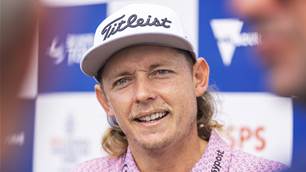
Cam claims another gong
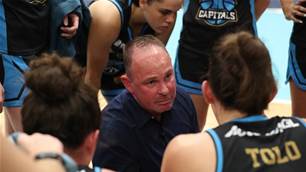
Shocking WNBL scandal: Opals coach banned, elsewhere Cambage drops-out
